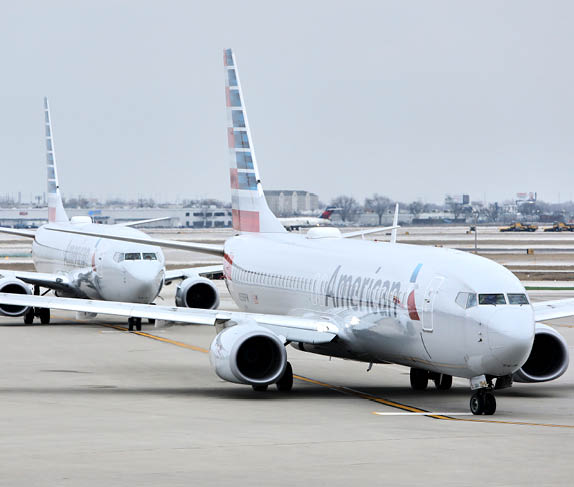The FAA has invited 57 global regulators on May 23 to review recent upgrades to Boeing's 737 Max flight control system.
The outcome could eventually lead to the FAA removing the grounding and have the international regulating bodies become more comfortable with the enhancements.
It still remains the case that Boeing's management focus is on the 737 MAX and says that its return to the skies as a matter of 'when' rather than 'if'.
In the latest equity research by Jeffries, it's being reported that steady free cash flow (FCF) growth is still the case as Boeing plans for steady resumption of service of the aircraft with a focus on the supply chain. The focus will likely be on production rather than rate increases, with Boeing likely to take a measured approach to returning the 737 to its previous rate of 52 per month. With the current production rate at 42 per month, it's believed Boeing could take a prudent multi-step process going from 42 to 47 and then returning to 52.
Furthermore, the report says total revenues will increase 22% in 2020 as 737 deliveries exceed production. with a commercial revenues increase 39%. There will also be an increase of commercial deliveries from 665 in 2019 to 1,039 in 2020.
Boeing recently raised $5bn in bond and loan financing, boosting liquidity. The airframe manufacturer issued five trances of senior unsecured notes totalling $3.5 billion and a $1.5 billion short-term loan.
Jeffries has stated that Boeing took out the Line of Credit as cushion and potential offset from the timing of supplier payments. It was stated that the timing of the 737 Max cash headwind is unique, with the rest of the business fairly well positioned.
At the time of the 787 development there were other issues around defence development programs, pension and just less clarity around other programmes. At that point the 737 Max is a sole focus with the rest of the business on a solid trajectory. Returning the 737 Max to the fleet is key to returning to a steady FCF growth profile.
The report also went on to say that services have a renewed focus on changing the ecosystem. There is an element of lessons learned on the 737 Max. Part of the integrated Boeing service offering includes a power-by-the-hour like offering with the company handling all parts of the service including monitoring and spare parts management.
Part of the service could grow to include pilot training, which could be a key element to the reconstitution of the 737 Max.
Jeffries found that the near-term is burdened by the 737 Max recovery, with an expected rebound in 2020. Focus on the services offering could further accelerate growth. Improved cash margins could lead to an increase of $33 per share of FCF by 2021, a sustainable level.

